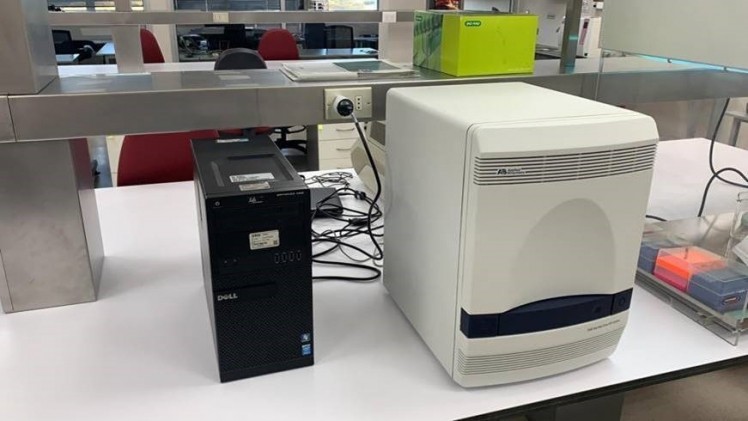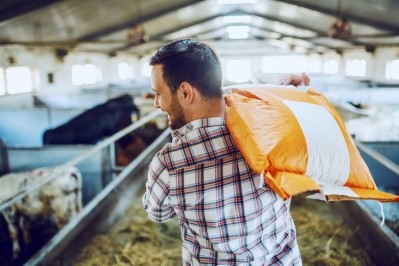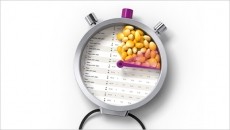Latin America: Cargill provides equipment to boost SARS CoV-2 testing capacity

Aquaculture has used such diagnostic techniques to improve the health and welfare of species like salmon for decades, said the company.
Cargill has also donated PCR equipment and testing kits to the Cancer Hospital of Guayaquil, in Ecuador, to support COVID-19 testing there. Guayaquil is one of the hardest hit areas in Ecuador in terms of the incident case load of coronavirus, noted the agribusiness and aqua nutrition company.
The technology will be used to detect the presence of SARS CoV-2 in patient samples, said Cargill.
The donated equipment significantly increases the number of tests that can be processed—while shortening turnaround time, said the company. The equipment at the University of Concepción, for example, quadruples the number of samples analyzed and delivers results in three to four hours, increasing the potential capacity of test results from 200 per day to 800 per day, it added.
The PCR technique
Polymerase chain reaction (PCR) is a technique in which—by means of specific reagents—polymerase enzyme produces copies of DNA. This duplication is amplified exponentially, which causes an increase in fluorescence in the tube where the sample is located. The donated equipment works in real time, so the increased fluorescence curve can be seen immediately, allowing faster diagnosis, explained Cargill.
The reagent used is specific to detect the presence of the SARS CoV-2 RNA.
Cargill is supplying the reagents required for extraction in both Ecuador and Chile.
"Reagent supply is good in Chile. So, we are centralizing the purchase in Chile and then we are going to distribute the reagents to the Ecuadorian hospital and Chilean universities," a spokesperson for Cargill told us.
When asked whether other markets that Cargill operates in would benefit from the PCR equipment and kits to test for COVID-19, she said:
"The communities in Chile and Ecuador have a strong need that our equipment was able to fill. We continue to do needed diagnostic testing for our farmer customers and the animals they are taking care of - the labs doing this testing have limited capacity. We have donated as much equipment as we’re able to, including full size units and hand-held instruments, while still making sure we can help our customers take care of their animals."












